Does a weak core/abs cause back pain?
Does a weak core/abs cause back pain? Mostly, no.
Can improving core strength reduce back pain? Often, yes.
Seems like a contradiction?
Pre-reading 🤓: If you’re not sure about the difference between your core and abs, read this.
Can a weak core be a contributor to back pain? Sure, but generally this is only the case if you have had a disruption to the normal function of your core muscles. This could be surrounding pregnancy, particularly if you had an abdominal separation, pelvic organ prolapse, episiotomy, or Caesarean; but even the smoothest birth will take a toll on your core muscles. Alternatively, following abdominal, thoracic, spinal, or other surgery where your torso was cut into. As you can tell, these are pretty significant and rare events, where your core is breached. They can definitely continue to cause problem into the future though. Otherwise, your core should be doing it’s job well.
Can weak abs contribute to back pain? Sure. But, it’s probably the wrong way to look at it. We are really good adaptors. You can do what you regularly do, and not much more. Times where people attribute their back pain to weak abs:
Pain bending to pick up something light - doesn’t require much strength, so the issue is unlikely to be weakness.
Pain bending to pick up something heavy - definitely requires strength. If you regularly lift heavy things, you will adapt to it and be able to do it. If you lift something much heavier than you’re used to, it can hurt. If you don’t run, and decided to run a marathon one day, you wouldn’t be surprised to have a sore knee after. Running isn’t the main issue, you just did way more than your body is used to.
Pain doing abdominal exercise – if you feel back pain doing abdominal exercise, you are doing an exercise that is way too hard. Start easier and build up.
Back pain in general. There is often a direct link made between back pain and a weak core, which isn’t true, and why I wanted to write this blog.
So, if you‘ve had a breach to your core or abdominal muscles, weakness may be the main problem, and you will likely benefit from strengthening.
If haven’t had any breach to your core muscles, strengthening exercise can still help. It will help you lift heavier things, and help your abdominal exercise.
But, what about pain that isn’t related to weakness?
Pain is complex! We know that pain is your danger signal when your system perceives a threat. If this is new information, read this.
Some of the major contributors to pain are: changes to your physical activity, poor sleep quality, and high stress.
Regular exercise is known to improve sleep quality and stress management.
As your brain learns what is dangerous and what isn’t, the context is remembered. If you’ve hurt your back several times, all while bending, it’s likely your brain will be on high alert when you bend. Your brain is constantly learning how to best protect you, and the evidence available is that bending hurts. But, just as you can learn, you can unlearn. Non-painful bending exercises can provide different evidence to your ever-learning brain, lowering the threat perceived in those safe movements.
Generally, non-painful movement perpetuates non-painful movement. If you have back pain, get stronger!




